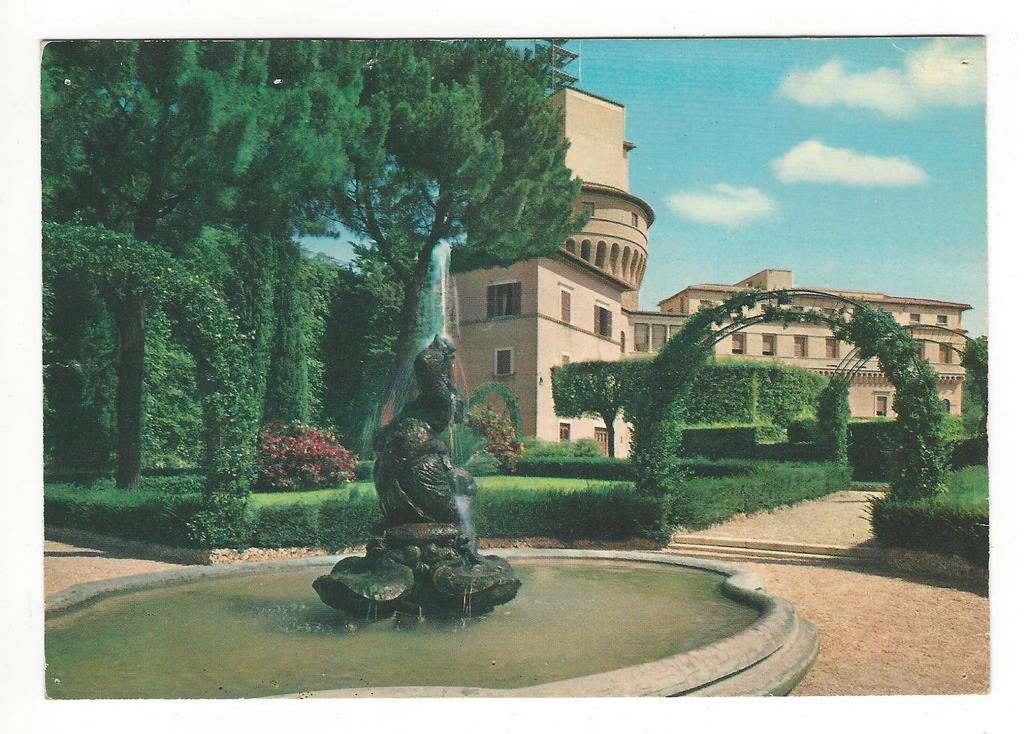Many thanks to SWLing Post contributor, David Iurescia (LW4DAF), who shares this piece from the Vatican News:
‘Hebdomada Papae’: News in Latin on Vatican Radio
Saturday, 8 June, sees the launch of “Hebdomada Papae, notitiae vaticanae latine redditae” (The Pope’s week in review: Vatican news bulletin in Latin), on Vatican Radio.
By Linda BordoniStarting on Saturday, 8 June, a 5-minute weekly news bulletin in Latin will be broadcast to the world on Vatican Radio frequencies through the Italian language audio channels. Of course you will also be able to follow it on our web portal and listen to it on podcast, and it will soon be available on the English-language audio frequencies as well.
The bulletin goes to air thanks to the collaboration of the Vatican’s Latin Letters Office, a department of the Secretariat of State where Church documents are written in or translated into Latin. The bulletin will be edited by veteran Vatican Radio journalist Alessandro De Carolis.
A challenge for the future
Vatican Radio’s Editorial Director, Andrea Tornielli, describes ‘Hebdomada Papae’ as a real, informative news bulletin.
“We did not conceive it with a nostalgic look to the past, but as a challenge for the future,” he said.
Noting that Latin is the official language of the Catholic Church, he said Latin already “resonates daily on the frequencies of Vatican Radio, which every morning broadcasts Mass in Latin.”
This weekly initiative, he explained, aims to breathe new life into the language.
‘Anima Latina’
Straight after the news bulletin, Vatican Radio Italy, whcih broadcasts news and other programmes on the frequencies dedicated to the Italian language, will also provide an in-depth programme entitled “Anima Latina, radio colloquia de lingua ecclesiae.”
“Anima Latina”, dedicated to the rediscovery of the value and beauty of the Latin language, will feature Father Waldemar Turek, Director of the Latin Letters Office.


Oh brother. Talk about a waste of Vatican funds.
That’s pretty cool. I’ll want to listen to it, not that I can understand it but it’ll be interesting to imagine how it sounded in antiquity.